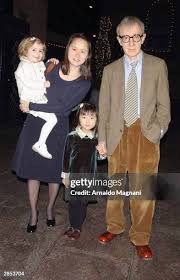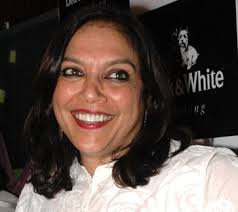
Introduction to Woody Allen
Woody Allen, a prominent figure in American cinema, has left an indelible mark on the film industry through his unique storytelling and distinctive style. His work has garnered numerous accolades and has had a significant impact on both artistic expression and popular culture. However, his legacy is complicated by serious controversies that have emerged over the years, raising questions about the separation of art from the artist.
Career Highlights
Born Allan Stewart Konigsberg on December 1, 1935, in Brooklyn, New York, Woody Allen began his career as a comic writer before transitioning into filmmaking. His breakthrough came with 1969’s Take the Money and Run, which showcased his blend of humour and pathos. Over the decades, Allen has produced a prolific body of work, including classics such as Annie Hall, Manhattan, and Hannah and Her Sisters. Allen’s films often explore complex themes such as identity, love, and existentialism, earning him multiple Academy Awards, including Best Director and Best Original Screenplay.
The Controversies
While Allen’s artistic contributions are widely recognised, his personal life has been marred by allegations of sexual misconduct and family controversies. The accusation involving his adoptive daughter, Dylan Farrow, has overshadowed his recent projects. In 1992, Farrow disclosed that Allen had assaulted her when she was seven years old. The public reaction intensified following the #MeToo movement, prompting renewed scrutiny of Allen’s legacy. Many industry figures and audiences have grappled with whether to engage with his work or boycott it entirely in light of these allegations.
Recent Developments
As of 2023, Woody Allen has announced his intention to retire from filmmaking after completing his next project, Wasp 22. This decision comes after decades of navigating both acclaim and criticism. The film industry remains divided, with some expressing support for Allen’s talent while others vehemently oppose his contributions. Festivals have begun to reflect this tension, with some choosing to honour his work while others exclude him from programming.
Conclusion
Woody Allen’s career serves as a case study in the complexities of art, celebrity, and morality. As audiences continue to engage with his films, discussions about his legacy provoke broader conversations on accountability, the intersection of personal conduct and professional achievement, and the evolving nature of cultural consumption. Moving forward, the film community may increasingly seek to balance appreciation for artistic achievement with ethical considerations, reshaping the landscape of film and celebrity culture.
You may also like

The Enduring Legacy of Sylvester Stallone

Exploring the Life and Works of Mira Nair

The Remarkable Journey of Michael Caine
SEARCH
LAST NEWS
- Remembering Wendy Richard: The Promise to Co-Star Natalie Cassidy
- How Did Anglian Water Achieve an ‘Essentials’ Rating for Mental Health Accessibility?
- Shai Hope Leads West Indies in T20 World Cup Clash Against South Africa
- What We Know About Weston McKennie: Future at Juventus and Past at Leeds
- What We Know About the Upcoming Live Nation Antitrust Trial